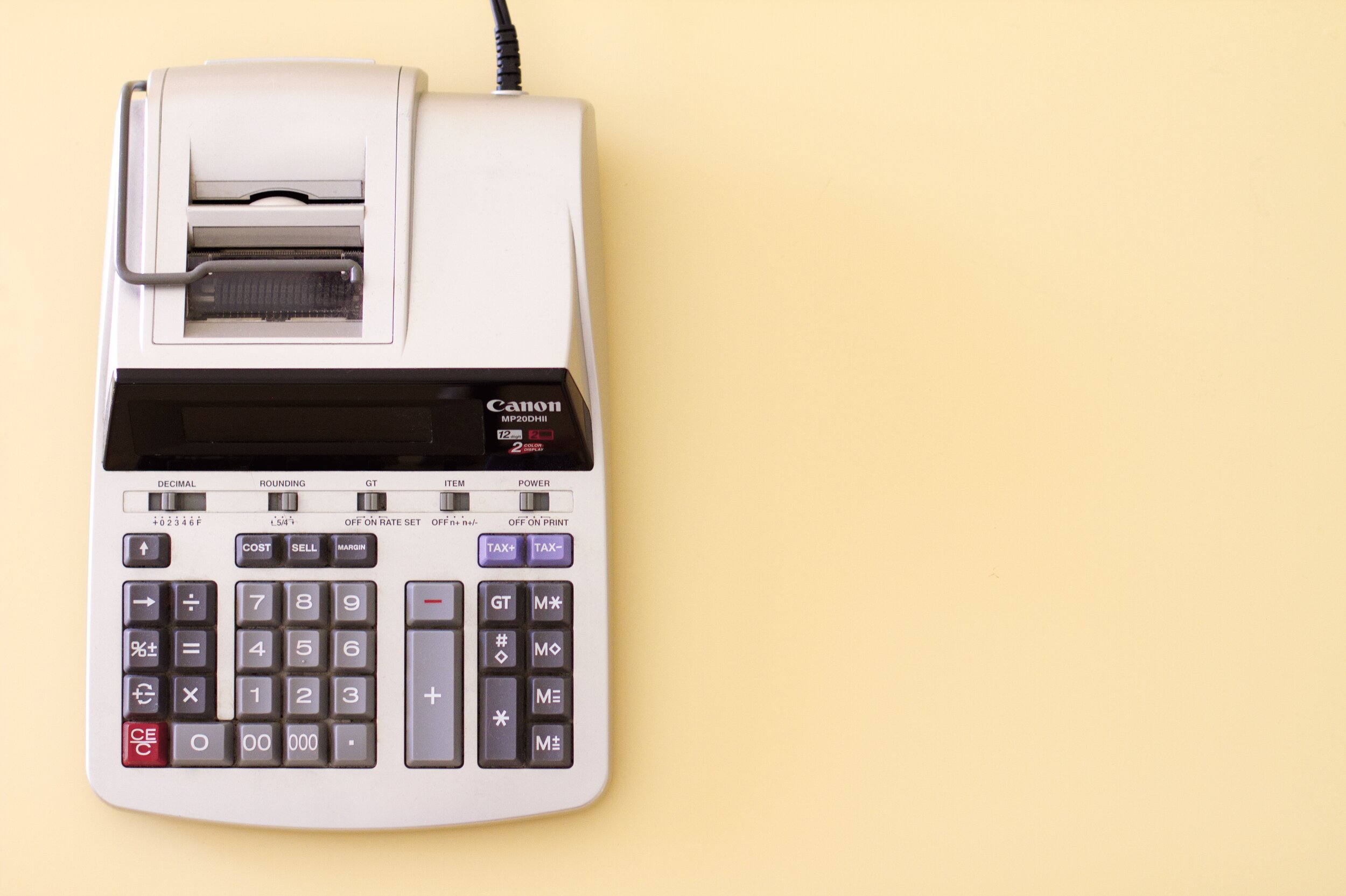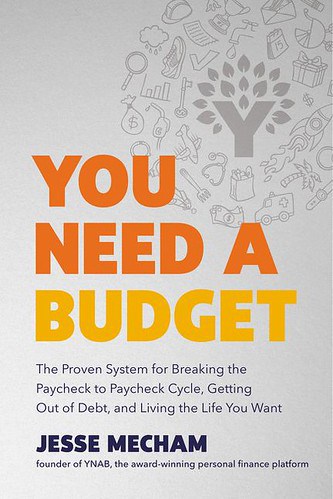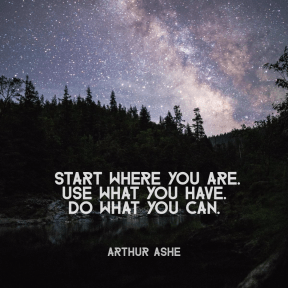Book Review: You Need A Budget
The nutshell is: If you follow four simple rules, it’s possible to go from being at money’s mercy to becoming a master.
Jesse and Julie Mecham, newlyweds of twenty years old, were struggling to get by in 2004. They lived in a 300-square foot basement of a 60-year-old house. He was working on a master’s in accounting while she finished her bachelor’s in social work. They were also planning to have their first child.
The Mechams were in a financial crisis.
Jesse, who is a self-proclaimed numbers nerd (and still remains so), decided to create an excel spreadsheet for each day of the calendar year. They stuck to the budget and something unexpected happened. They no longer felt desperate for money, despite their modest circumstances. The couple paid all their bills, and had enough left over to enjoy a few date nights every month.
Jesse was later brainstorming ideas to make extra money and wondered if anyone else would be interested in Jesse’s budgeting system, which consisted of four simple rules. He began teaching these rules to others and sharing his spreadsheet. Over time, the spreadsheet evolved into you need a budget [ My Review].
You Need a Budget, one of today’s most popular personal finance apps, is highly regarded. (Seriously. It seems that everyone who uses it loves it. The users of this app are all die-hards.
Mecham’s recent book, also called You Need A Budget – of course – shares the method that helped him and thousands of other people overcome financial anxiety. Take a look at the YNAB system.
Please note: I have embedded videos from the YouTube channel. These videos are great for supporting the book, but they use slightly a different terminology. It’s not a huge deal, but it is something I wanted you to know.
Rule one: Every dollar should be spent on a job
Mecham suggests that the first step in building a budget is to assign each dollar a task. You should ask yourself the following fundamental question: ” How do I want to use my money?“.
You must first know where your money is going. List all the places where your money must go – your obligations, your expenses that can’t be ignored.
Most people’s top priorities include housing, utilities and transportation.
The hard work starts after you have covered the essentials. You must now “prioritize” your priorities. You can spend the remaining money after you have set money aside for your own needs. Travel? Travel with your money. You want to buy new shoes. Buy new shoes. Upgrade your car. Upgrade your vehicle. Mecham advises that you should “take time to consider what makes you happy” and “add those things to your budget.”
You’re still trying to answer that fundamental question, “What is it I want my money for?” First, your goal is to have enough to cover the basics of survival. Then, you’d like it to make you happy.
Before you can begin to control your money, you must decide what to do. This is a list of things to do with your money. You’ll soon see that it’s a great way to change your outlook on your money.
Rule Two: Embrace Your True Expenses
What about irregular expenditures? You need a budget‘s 2nd principle is the answer. Mecham recommends setting money aside for “true expenses” after you’ve budgeted for essentials, but before you budget for fun things.
They don’t appear as monthly obligations. These “true expenses” come in two forms:
- You can expect to pay for your home or auto insurance once or twice a year. Also included are things like holiday gifts, trips and holidays or electricity bills that may spike during the summer and/or winter.
- You will face unexpected but inevitable expenses in life: Your car’s transmission breaks down, your 12-year old dog requires surgery, or you find dry rot growing in your attic.
Mecham says that budgets are often ruined by these real expenses. Most people are good at saving money for essentials and for things that they value. The average person is not very good at remembering periodic insurance payments. They’re also terrible at planning ahead for unpredictable, but inevitable obstacles.
Mecham’s second rule is a call to action to the reader. Some people may find this difficult. Budgeting and saving can feel like sacrifice. It’s not. It’s not.
“Each time you spend money on a long-term goal, you’re actually investing in the future and setting Future You up to succeed.” Amen.
Rule Two will help you be more proactive in managing your finances than you have ever been before. You’re more aware of the total of your expenses when you act and think ahead. You’re spending habits are no longer a surprise …”
Rule 3: Roll with the punches
Your budget will still be hit by unexpected costs, even if you use every dollar to its fullest potential. Mecham says that there is a big difference between planning and living. If you insist on sticking to your plan, despite the consequences, you will be stressed out and unhappy.
You Need a Budget’s third rule is to make adjustments based on what you encounter. Your budget should reflect your priorities and life, so it will change as your plans and life change.
The third rule is to be completely honest about what you value. Mecham illustrates his point with an example from his life. He and his wife spent more than their monthly grocery budget for a decade. The couple set high expectations, but then missed them by a wide margin. His wife became frustrated. She told him “I don’t care how much a can corn costs”, and then something clicked. They increased their grocery budget.
When we roll with the , it’s also about how to deal with all the totally unexpected things that life throws our way. Imagine your garage door breaks, Mecham suggests. The day before the garage door broke, it was not a top priority to replace it… The day after? “Darn near the top of [the] budget.”
What’s the bottom line? Not meeting your goals or changing your budget is not failure. Don’t let it get you down. You have to be flexible. Budgeting in the real world.
The Rule Three will help you if all the other budgeting programs, experts and apps make you feel like you failed as soon as you deviate from your original plan. It is what takes your budget from a spreadsheet to the real world.
Rule Four: Age your money
The first three rules in the you need a budget method provide a framework to help you control your money instead of letting them control you. You’ll notice that if you follow these rules you will gradually go from feeling pressed for cash every month to having enough to generate surplus. The fourth rule is to build up a large amount of cash, so that you can cover all your expenses for an extremely long time.
To explain this rule Mecham introduces the concept of money having an “age”. He writes:
The “age” of money is determined by the time interval between the moment you received your money and the moment you spent it (money out). Money is one day older if it was deposited Monday. If you deposit money on Monday and spend it by Friday, your money is one day old.
You should aim to spend your money as old as possible. Mecham reminds readers that five days are better than one, and zero is better than nothing. “Keep working to increase the time between getting money and spending it.”
He also points out that, if you are in debt, the age of your cash is negative. You have spent money you’ve not yet earned.
Mecham says living paycheck-to-paycheck can make it seem like a pipedream. It may seem as if it’s a luxury only reserved for the ultra-rich. This is not the case, he says. He says that as you follow his rules, you will go from having a pile of bills waiting to be paid, to having a heap of money waiting to pay bills.
Final Thoughts
You Need A Budget This book is simple, but excellent. The author doesn’t try and cover the whole world of personal finances. It is laser-focused only on one thing, building a budget. It’s great that Mecham isn’t using the book to promote his You need a Budget software, as this is what he does for a living.
The book has chapters on budgeting with a partner, paying off debt, teaching children to budget and what to do if you want to quit. The book is also filled with real-life stories and examples (including some from Mecham’s family) that illustrate the you need a budget philosophy.
Mecham, who has been writing and reading about budgets and other financial matters since 2004, has learned a great deal about what works. The tens and thousands of people that follow his program are always giving him feedback. This book is the culmination of his experience and it shows. This book is a must-read for if your budget needs to be set.
Related Reading
The Total Money Makeover By Dave Ramsey
All your Worth by Elizabeth Warren & Amelia Tyagi








+ There are no comments
Add yours